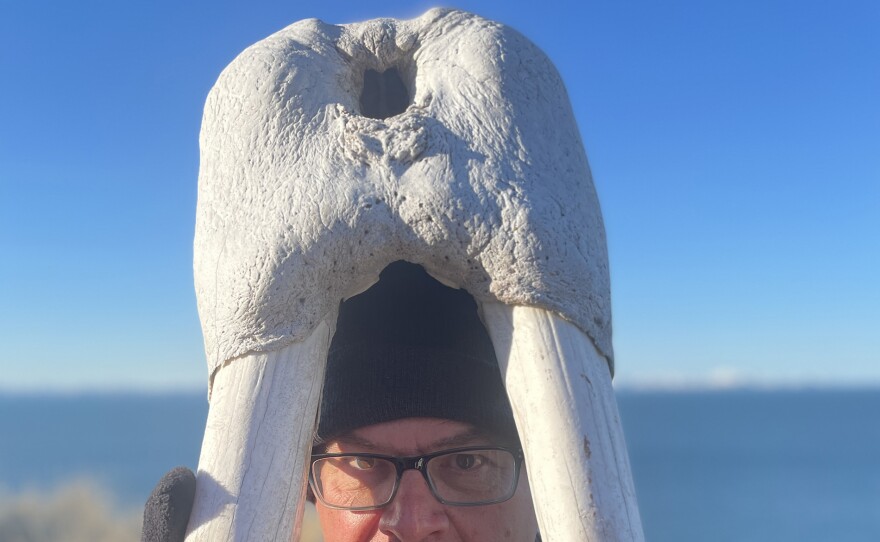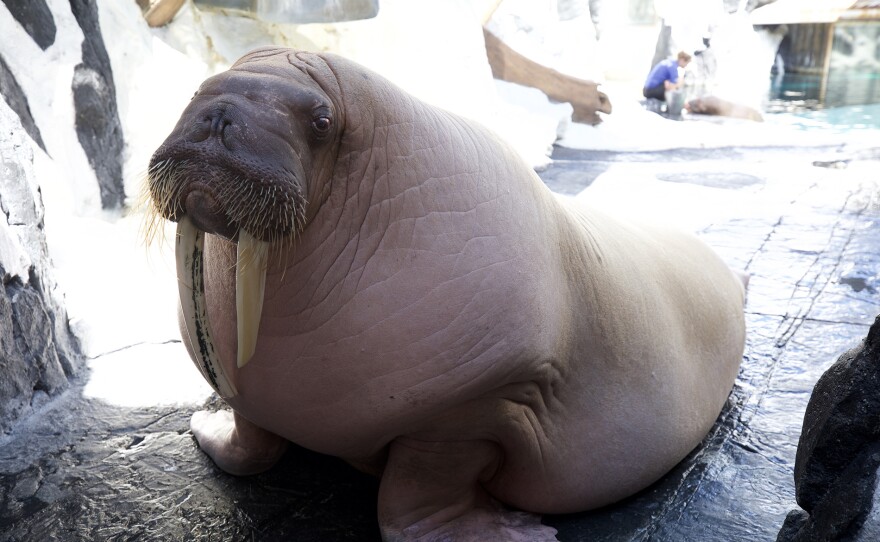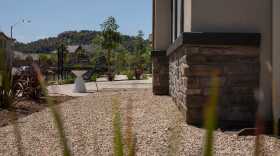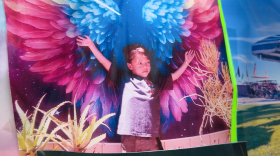Premieres Wednesday, Oct. 22, 2025 at 8 p.m. on KPBS TV / Stream with KPBS+ / Encores Thursday, Oct. 23 at 7 p.m. on KPBs 2 and Sunday, Oct. 26 at 2 p.m. on KPBS TV
Live Q&A Tonight: NATURE: Walrus: Life on Thin Ice
- Add to Google Calendar
- Add to Outlook Calendar
Download ICS file
In the Arctic seas between Alaska and Russia, about 250,000 walruses congregate. In spring, when the sea ice begins to melt, females and their calves migrate north on floating ice platforms, while the males head to nearby beaches. Follow a paleontologist on an Arctic adventure to uncover the hidden lives of walrus and the threats they face as climate change shrinks the sea ice.
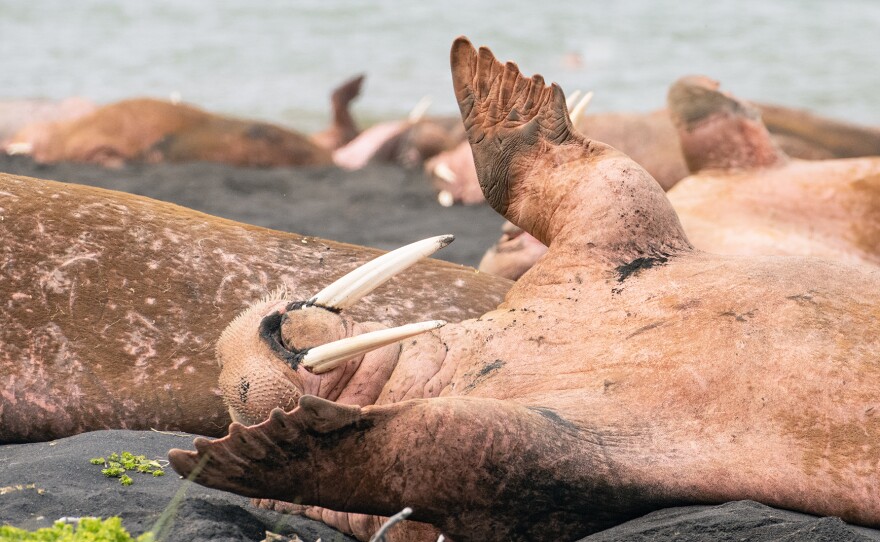
Kirk Johnson, Sant Director of the Smithsonian National Museum of Natural History, follows his passion for these lumbering giants all way to the coast of Nome, Alaska, where he encounters a female herd nursing their newborn pups on drifting sea ice. The reduction in sea ice means more crowds onshore, and sometimes babies get separated from their mothers.
Johnson follows the plight of one orphan found alone on a beach in northern Alaska and taken into rehabilitation at the Alaska SeaLife Center. Johnson then travels to Round Island, the oldest wildlife sanctuary in Alaska, where male walruses come to warm up after the strenuous winter breeding season
"With their long tusks and droopy moustaches, everyone knows and loves the walrus, but few actually get to see them in the wild," said Kirk Johnson. “I feel very fortunate to have gotten this rare opportunity to track them. The challenges they are facing due to a changing planet threaten their very survival. But they are resilient creatures, and I hope this film brings awareness to their plight.”
Watch On Your Schedule: KPBS+ is a new free streaming video app designed for ease and enjoyment everywhere you watch including Roku, smart TVs and mobile devices. It’s locally curated for San Diego by the KPBS programming team. With a clean and intuitive design, discovering and enjoying KPBS and PBS content on-demand has never been easier.
You can also tune in live to watch our four TV channels in real time: KPBS, KPBS 2, Create, KPBS Kids 24/7. We also added a new channel - FNX (First Nation Experience).
Your KPBS Passport member benefit works on KPBS+ too! You’ll have access to even more great shows when you simply log in with your KPBS Passport account.
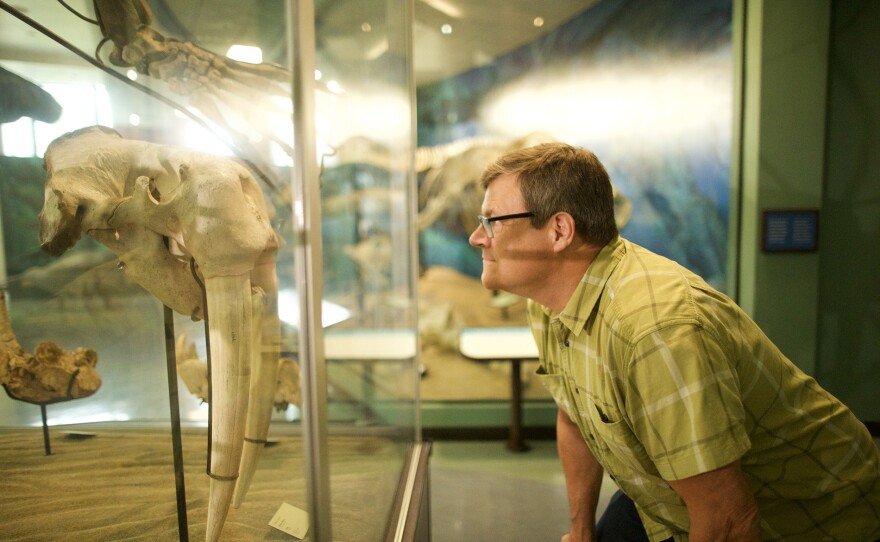
Credits: NATURE "Walrus: Life on Thin Ice" is a Windfall Films production in association with PBS and The WNET Group. The documentary is directed and produced by David Dugan and Alex Tate. Presented by Kirk Johnson. For Windfall Films, Allison Todd is managing director, and David Dugan is executive producer. For NATURE, Fred Kaufman is Executive Producer, Bill Murphy is series producer and Janet Hess is series editor. NATURE is a production of The WNET Group.
